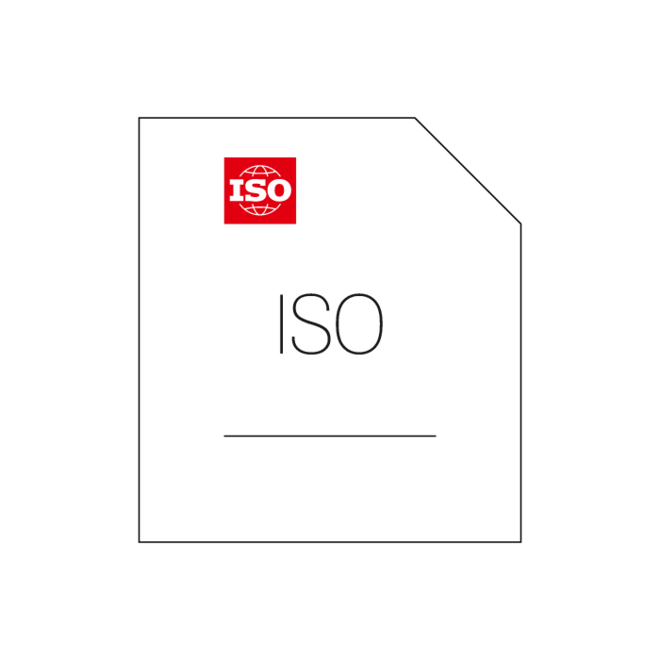

ISO 9836:2017
Ausgabedatum: 2017 09 08
Performance standards in building — Definition and calculation of area and space indicators
ISO 9836:2017 specifies the definition and calculation of surface area and volume indicators.
In defining area measurement, ISO 9836:2017 uses three measurement concepts:
a) the intra-muros and extra-muros concept used in many parts of the world;
b) the wall centre method of measurement used in many parts of the world;
c) variations on these methods to comply with certain national laws or for particular types of buildings.
The surface area and volume indicators defined in ISO 9836:2017 are intended for practical use, as a basis for measuring various aspects of the performance of buildings or as a planning aid. In other words, they should enable judgement to be made on functional, technical and economic aspects of buildings.
ISO 9836:2017 is intended to be used when establishing
- specifications for the geometric performance of a building and its spaces (e.g. in design, purchasing procedures, etc., or in building regulations where appropriate),
- technical documentation relating to the performance of whole buildings prepared by designers, contractors and manufacturers,
- the amount of floor area that will not be effectively available for the placement of an individual's workplace, furniture, equipment, or for circulation, and
- evaluation, comparison or control of the properties of a building which are connected to its geometric performance.
NOTE Although there are a variety of methods of area measurement around the world depending on the country and/or types of buildings, all measuring methods are not necessarily of practical use because of inability to identify real area (e.g. the wall centre method of measurement). Thus, ISO 9836:2017 specializes in the measurement solely for practical use.


